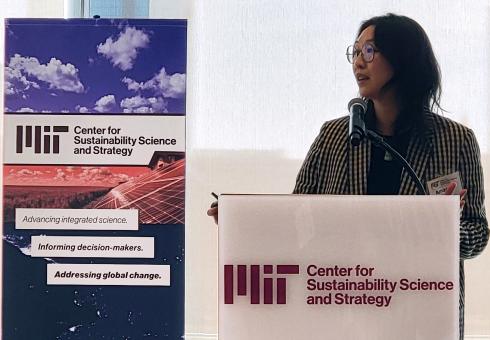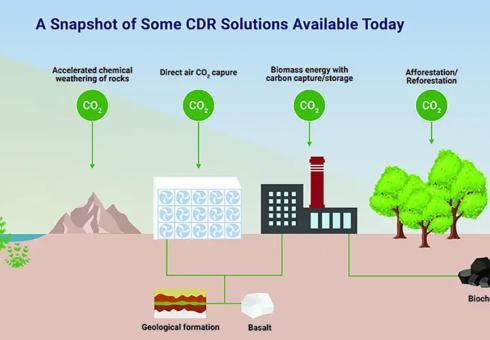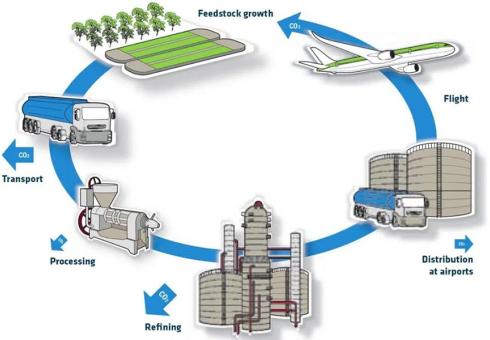But a new MIT CS3-led study shows how advanced steelmaking technologies could substantially reduce carbon emissions
News and Outreach: Jennifer Morris
MIT CS3 Principal Research Scientist Jennifer Morris cautions that all energy sources—fossil-based or renewable—have environmental footprints (The American Bazaar)
MIT CS3 study finds that government collaboration and public policies will be necessary to deploy sustainable aviation fuel at scale and reduce its economic impact across the region (LATAM)
Key points from the 47th MIT Global Change Forum
First workshop explores concept and potential research directions

Amid growing concern about environmental and socioeconomic “tipping point” events, the MIT Center for Sustainability Science and Strategy (CS3) has launched a new, interactive workshop series aimed at advancing research discussions and collaborations to better understand, predict and inform proactive responses to their potential emergence. The kickoff Tipping Points workshop, held on February 27 on Zoom and facilitated by CS3 Deputy Director C. Adam Schlosser and Principal Research Scientist Jennifer Morris, included an overview of the concept, three flash talks on tipping points science and its potential application, and breakout sessions to identify key research challenges and opportunities.

Amid growing concern about environmental and socioeconomic “tipping point” events, the MIT Center for Sustainability Science and Strategy (CS3) has launched a new, interactive workshop series aimed at advancing research discussions and collaborations to better understand, predict and inform proactive responses to their potential emergence. The kickoff Tipping Points workshop, held on February 27 on Zoom and facilitated by CS3 Deputy Director C. Adam Schlosser and Principal Research Scientist Jennifer Morris, included an overview of the concept, three flash talks on tipping points science and its potential application, and breakout sessions to identify key research challenges and opportunities.
Modeling improvements needed to provide more reliable guidance to decision-makers, finds MIT CS3-led study
MIT study shows that a diversified portfolio of CDR options delivers the best return on investment
Advancing technologically feasible and economically viable strategies
MIT CS3 experts in energy systems modeling and colleagues explore the future role of fusion energy in a decarbonized electricity system (World Economic Forum)









